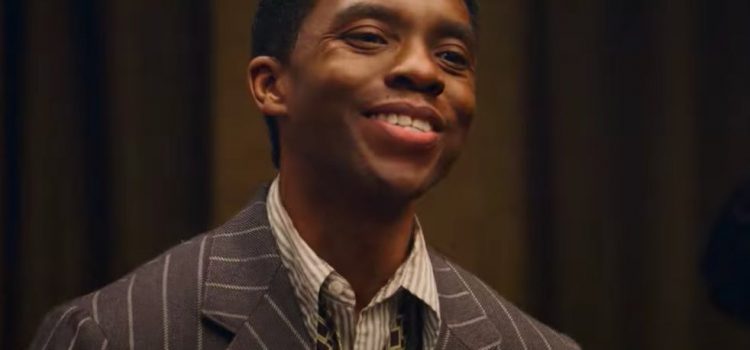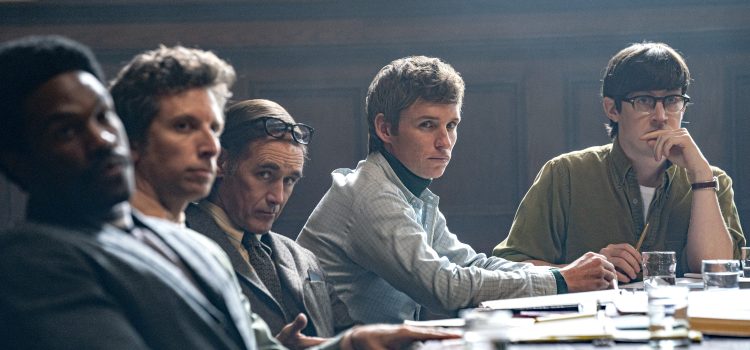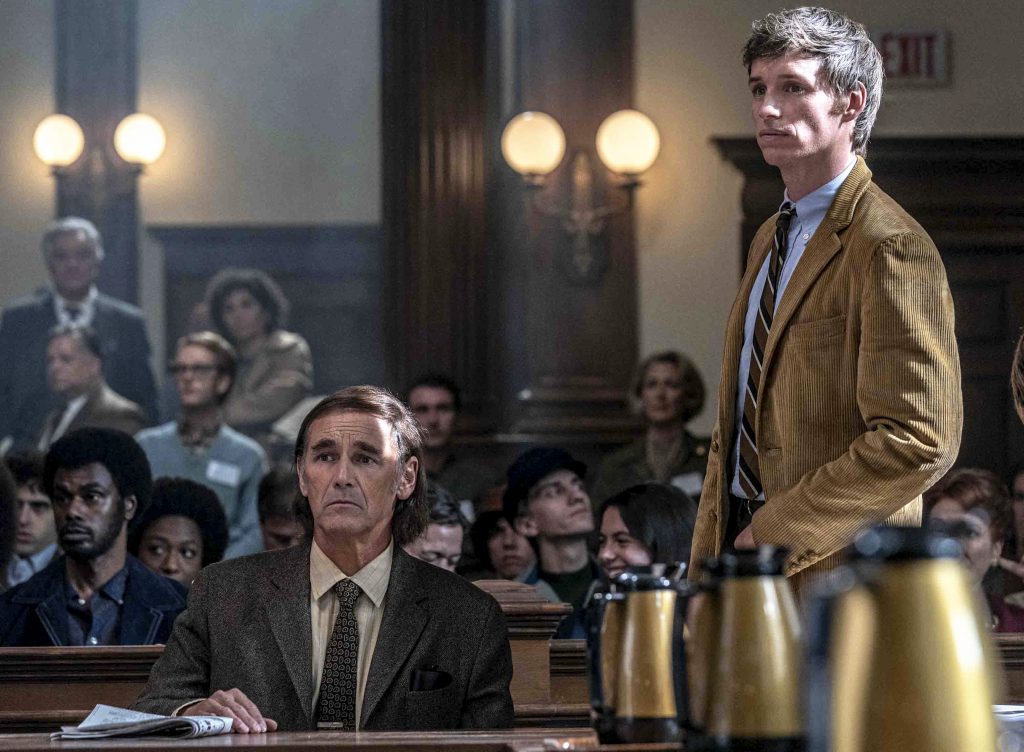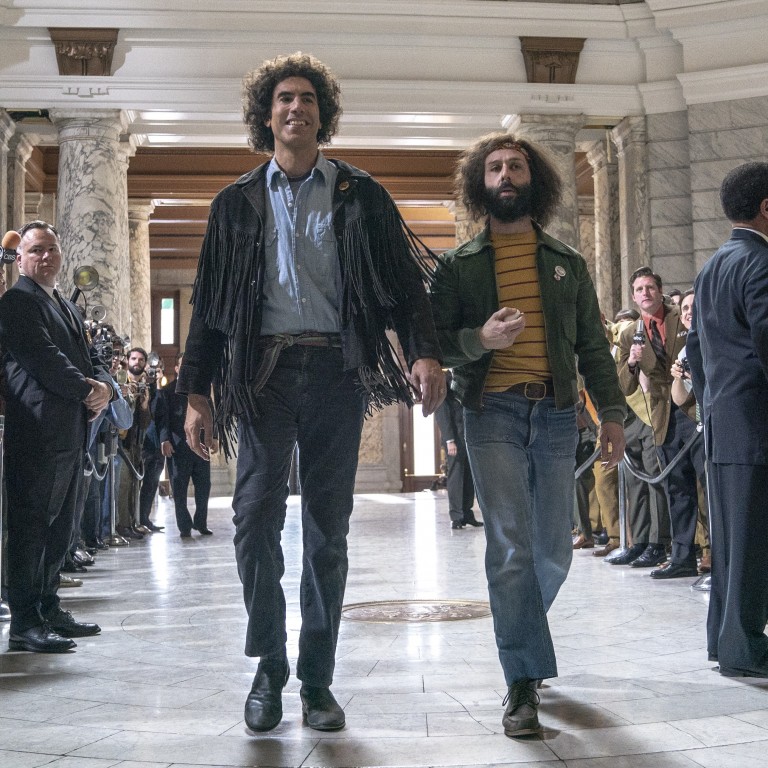The Critics Choice Association has announced the additional honorees and presenters that will join, virtually, the third annual Celebration of Black Cinema on Tuesday, February 2, 2021. The ceremony will be hosted by author and media personality Bevy Smith.
Following its invitation-only digital premiere, the event will be shared with the public on KTLA and offered to all Nexstar Media Group television stations. KTLA will air the 90-minute Celebration of Black Cinema special in Los Angeles on Saturday night, February 6th.
Chadwick Boseman (Ma Rainey’s Black Bottom) will receive the Performance of the Year Award for his magnetic and heartbreaking portrayal of Levee, an ambitious musician struggling to earn the recognition he deserves in a world, and a recording studio, built against him.
A special donation in Chadwick Boseman’s name will be designated to provide scholarships to students participating in the Academy of Motion Picture Arts and Sciences’ Gold Program. The Academy Gold Program is an industry talent development, diversity and inclusion initiative to provide individuals, with a focus on underrepresented communities, access and resources to achieve their career pathways in filmmaking.
Zendaya & John David Washington (Malcolm & Marie) will receive the NextGen Award for their work on the highly anticipated Malcolm & Marie, which was filmed safely amid the pandemic and became one of the most sought-after projects of the season. Washington and Zendaya portray a filmmaker and his girlfriend returning home from his movie premiere and awaiting the critical response.
Shaka King (Judas and the Black Messiah) will receive the Director Award for his visionary telling of the story of American civil rights leader Chairman Fred Hampton, iconic leader of the Illinois chapter of the Black Panther Party who was ultimately killed in 1969.
Tommie Smith (With Drawn Arms) will receive the Social Justice Award. An iconic athlete and activist, in With Drawn Arms, Smith reflects on his iconic fist-thrust silent protest on the medal stand during the nation anthem at the 1968 Summer Olympics, a moment that helped define the civil rights movement.
The Celebration of Black Cinema honorees will be fêted by a prestigious group of presenters who will celebrate their work and their ongoing commitment to telling Black stories on film, including Nnamdi Asomugha, Lee Daniels, Michael Ealy, Dominique Fishback, Taraji P. Henson, Daniel Kaluuya, Jonathan Majors, Kemp Powers, Aaron Sorkin, LaKeith Stanfield, Jesse Williams, and George C. Wolfe.
As previously announced, the event will recognize Delroy Lindo (Career Achievement Award), John Legend & Mike Jackson (the Producers Award), Tessa Thompson (the Actor Award), Yahya Abdul-Mateen II (the Breakthrough Award), Kingsley Ben-Adir, Eli Goree, Aldis Hodge, and Leslie Odom, Jr. (the Ensemble Award),and Andra Day (Special Honoree Award).
About the Critics Choice Association (CCA)
The Critics Choice Association is the largest critics organization in the United States and Canada, representing more than 400 television, radio and online critics and entertainment reporters. It was established in 2019 with the formal merger of the Broadcast Film Critics Association and the Broadcast Television Journalists Association, recognizing the blurring of the distinctions between film, television, and streaming content. For more information, visit: www.CriticsChoice.com.

Lynn (Zipfel) Venhaus has had a continuous byline in St. Louis metro region publications since 1978. She writes features and news for Belleville News-Democrat and contributes to St. Louis magazine and other publications.
She is a Rotten Tomatoes-approved film critic, currently reviews films for Webster-Kirkwood Times and KTRS Radio, covers entertainment for PopLifeSTL.com and co-hosts podcast PopLifeSTL.com…Presents.
She is a member of Critics Choice Association, where she serves on the women’s and marketing committees; Alliance of Women Film Journalists; and on the board of the St. Louis Film Critics Association. She is a founding and board member of the St. Louis Theater Circle.
She is retired from teaching journalism/media as an adjunct college instructor.




